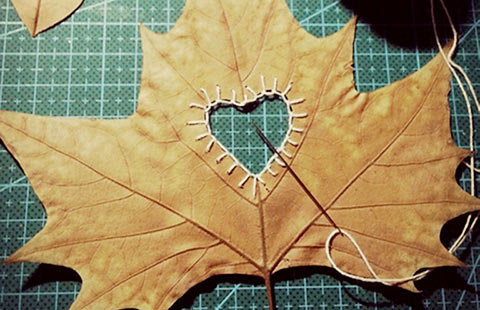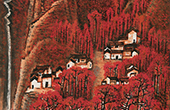American art collector's love blooms at Peking University
By Lin Qi ( China Daily ) Updated: 2016-01-08 08:08:35
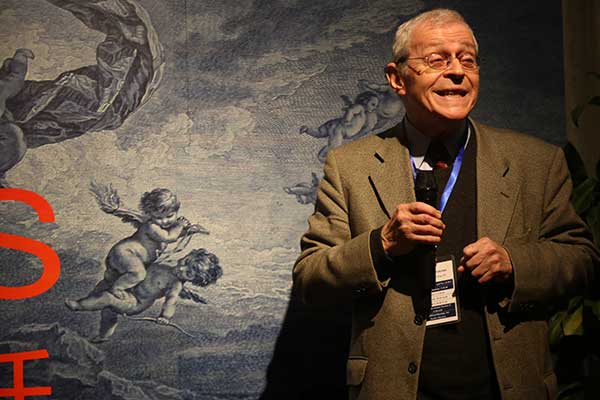 |
|
US art collector Donald Stone is in Beijing with a part of his collection, including etchings by Picasso.[Photo provided to China Daily] |
At 73, Donald Stone has been an avid collector for nearly six decades. His treasures vary from drawings and prints of Western masters, such as Raphael and Picasso, to Chinese antiquities from the Shang Dynasty (c.16th century-11th century BC). His assemblage is not built on family wealth but on his salary as a teacher.
Stone retired from the English department of Queens College at City University of New York in 2006. Soon after, he became a senior professor of English at Peking University.
Since then Stone has donated about 400 of his art assets to the Arthur M. Sackler Museum of Art and Archaeology at Peking University. Stone plans to give more of his collection to the same museum. Meanwhile, he is showing his donation of prints through 10 exhibitions there.
The ninth display, titled Gods and Heroes, is now on show: 55 original etchings and lithographs exemplifying how Western artists adopted classical tradition in creation. They include a complete set of French painter Jean Honore Fragonard's Bacchanals series and Georges Braque's six Theogony etchings.
Prints are as valuable for understanding an artist as other mediums, Stone says. The juxtaposed works of Picasso and Braque, both of whom played an important role in the development of cubism, for instance, illustrate how they went in different directions after eventually giving up cubism.
"Picasso discovered Roman classical art. He went through a period of painting his children and mistresses in a very classical Roman style," Stone says, "while Braque went back to the beginning of Western art, Greek mythology."
Stone's passion for art was cultivated in his teens when he frequented museums and bought postcards at auctions.
He began collecting seriously some 40 years ago, when he was working on a book in London. He took a bus from where he lived to the library, getting off halfway to save half of the ticket price.
One day he passed by an art gallery window and saw a drawing of Giovanni Battista Tiepolo, an 18th-century Venetian painter. Out of curiosity he went in - and purchased the first item of his collection.
|
|
|
|
|
|
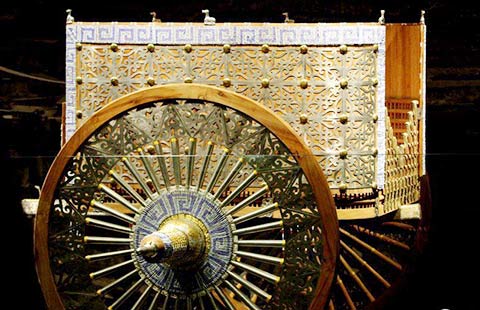
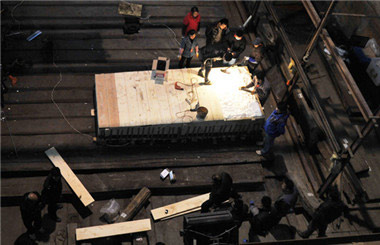
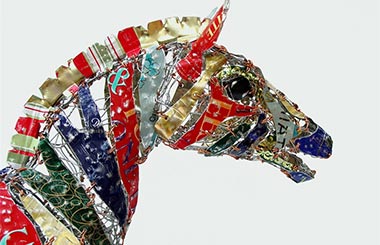
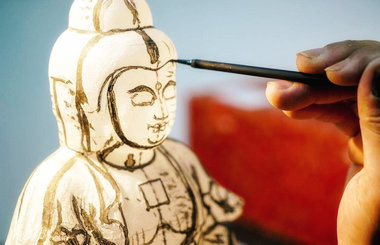
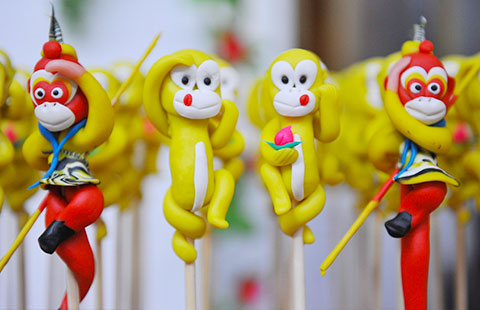

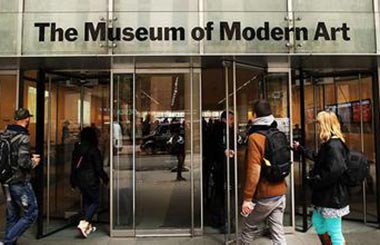
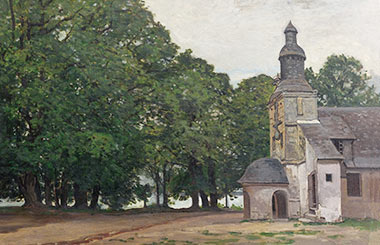




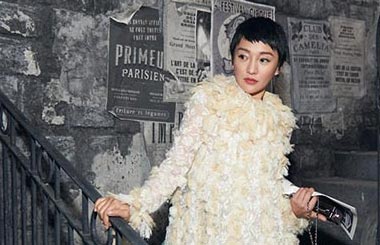

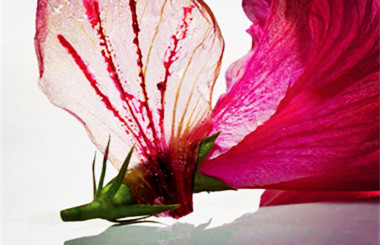

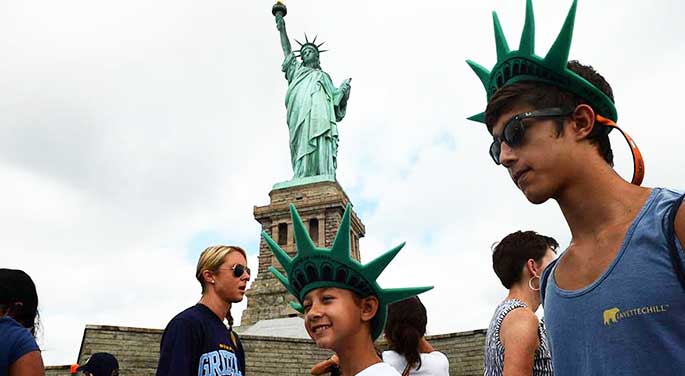



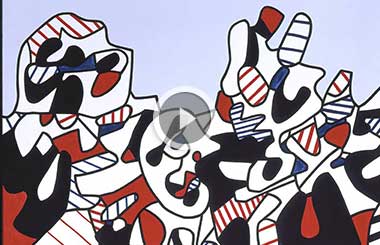
 Raymond Zhou:
Raymond Zhou: Pauline D Loh:
Pauline D Loh: Hot Pot
Hot Pot Eco China
Eco China China Dream
China Dream China Face
China Face



